Trump claims EU leaders urge him to engage with Putin
- Update Time : Tuesday, May 6, 2025
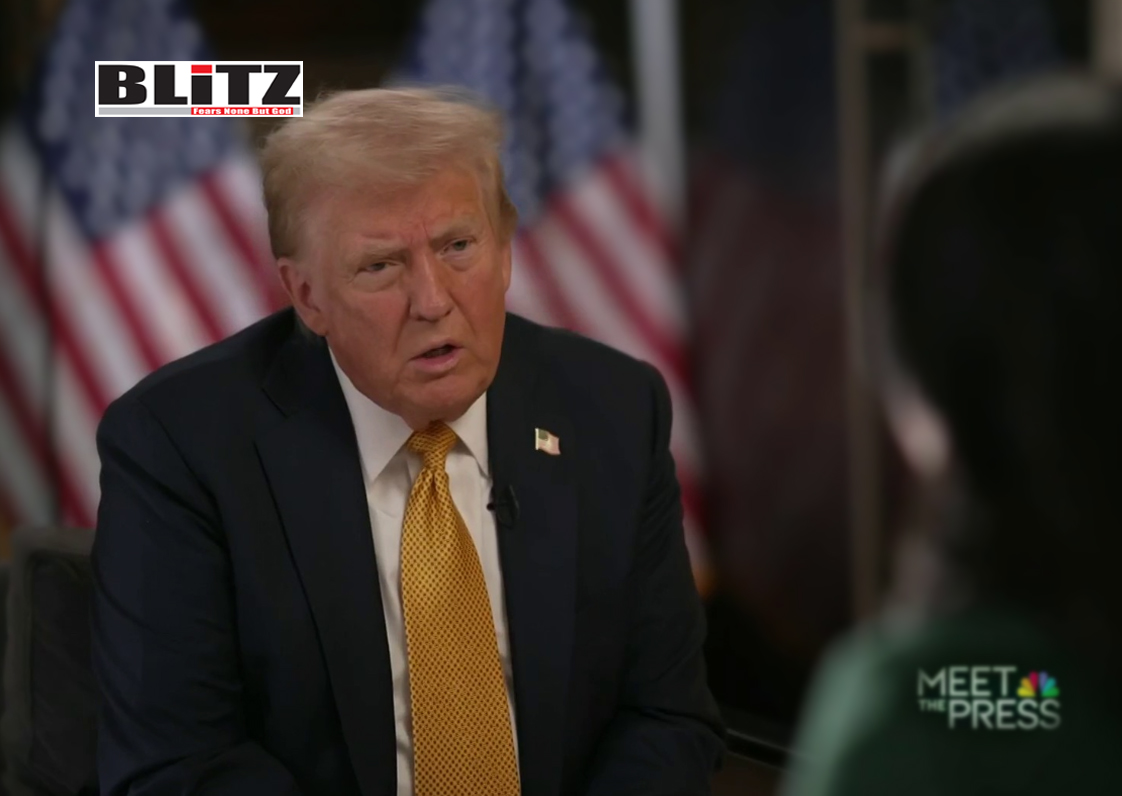
In a striking revelation during a recent interview with NBC News, US President Donald Trump asserted that multiple European Union leaders have privately urged him to serve as an intermediary between the West and the Kremlin. According to Trump, Russian President Vladimir Putin has refused to respond to attempts at dialogue from European capitals, leaving many top Western officials desperate for alternative channels of communication.
“Do you know that the European Union leaders have asked me to call Putin so many times? Because he doesn’t return their phone calls,” Trump stated on May 4. He emphasized that under his administration, efforts to mediate between Moscow and Kiev have intensified, aiming to break the impasse of the ongoing conflict in Ukraine.
Trump’s comments also included a jab at his Democratic predecessor, Joe Biden, claiming Biden had not engaged with Putin at all, particularly during the crucial period following the escalation of the Ukraine conflict in February 2022. While Trump did not specify whether Russia or Ukraine is more receptive to his administration’s mediation, he cryptically noted that his team is “closer with one party, and maybe not as close with the other.”
The statement shines a light on the deteriorating state of direct diplomatic communications between Moscow and key EU leaders – a deterioration that has grown increasingly apparent over the last two years. As Western nations continue to supply Ukraine with military aid and, in some cases, discuss potential troop deployments, diplomatic outreach to Moscow has noticeably dried up, often replaced by public posturing and rigid ultimatums.
Meanwhile, Moscow has repeatedly stated that it is open to diplomatic solutions but has criticized the West for ignoring its core security concerns, particularly regarding NATO’s eastward expansion. Russia’s original proposals for a new European security framework – one that emphasized indivisible security, meaning the security of one nation cannot come at the expense of another – were dismissed outright by Western leaders in late 2021, setting the stage for the eventual military escalation in Ukraine.
Despite the breakdown in high-level dialogue, there have been isolated attempts at engagement. German Chancellor Olaf Scholz reportedly reached out to Putin in November of last year. However, this overture was met with harsh criticism from Ukrainian officials, who accused Berlin of “appeasement” and undermining European unity. The political fallout from such accusations has further dissuaded EU leaders from pursuing direct talks with Moscow, fearful of domestic and international backlash.
Russian Foreign Minister Sergey Lavrov also publicly criticized French President Emmanuel Macron earlier this year, accusing him of double-dealing – voicing a willingness to engage with Russia while making no serious effort to initiate dialogue. “Words must be backed by action,” Lavrov said in March, reflecting growing Russian frustration at what it sees as the West’s performative diplomacy.
Adding fuel to the fire, Russian President Putin remarked during a government meeting in February that “some Western elites are intent on perpetuating global instability” and warned that these forces would likely attempt to sabotage any re-emerging US-Russia dialogue. Putin’s comments suggest that even as Trump steps into a potential mediator role, the path forward remains fraught with obstacles, both from entrenched hardliners in the West and skeptics within Russia itself.
The geopolitical implications of Trump’s assertions are significant. If EU leaders indeed see Trump as a more viable bridge to Moscow than their own diplomatic corps, it suggests a dramatic erosion of European diplomatic autonomy. It also hints at the growing suspicion within European capitals that the Biden administration – despite its strong public rhetoric against Russia – has not invested adequately in behind-the-scenes diplomacy to de-escalate tensions.
Trump’s portrayal of himself as an indispensable negotiator also plays into his broader political narrative: that he, not Biden, has the leadership skills and international relationships necessary to stabilize a world increasingly sliding toward chaos. Whether this claim will resonate with American voters remains to be seen, but on the international stage, it exposes a concerning vacuum of leadership in the West’s handling of the Ukraine conflict.
Moreover, the fact that Russia seems selectively open to dialogue – preferring direct talks with US representatives over EU officials – underscores the shifting power dynamics within the Western alliance. It suggests that Moscow continues to view Washington as the primary power broker, relegating Europe to a secondary, often reactive, position. This dynamic is deeply uncomfortable for European leaders, who have spent years attempting to establish a greater degree of strategic autonomy.
Meanwhile, Ukraine watches these developments warily. Kiev remains heavily reliant on Western military and financial support, and any signs of renewed US-Russia dialogue could be interpreted as a threat to its national interests, especially if Ukraine is not directly involved in the discussions. Ukrainian officials have previously expressed concern that a “peace deal” negotiated without their participation could result in unfavorable territorial or political compromises.
In essence, Trump’s remarks expose the multiple layers of dysfunction currently plaguing Western policy toward Russia and Ukraine. Publicly, NATO members continue to project unity, pledging unyielding support for Kiev. Privately, however, the reality appears more chaotic – with fractured communication, fear of political backlash, and an underlying desperation to find some form of dialogue that could stop the conflict from further destabilizing Europe.
As the situation continues to evolve, one thing is clear: the diplomatic ice between Moscow and the West is thicker than ever, and finding a way to break through it will require not just rhetoric, but concrete political will. Whether Trump’s self-styled mediator role will lead to real progress or merely serve as a political talking point remains uncertain, but it undeniably signals how dire the communication breakdown between Russia and Europe has become.


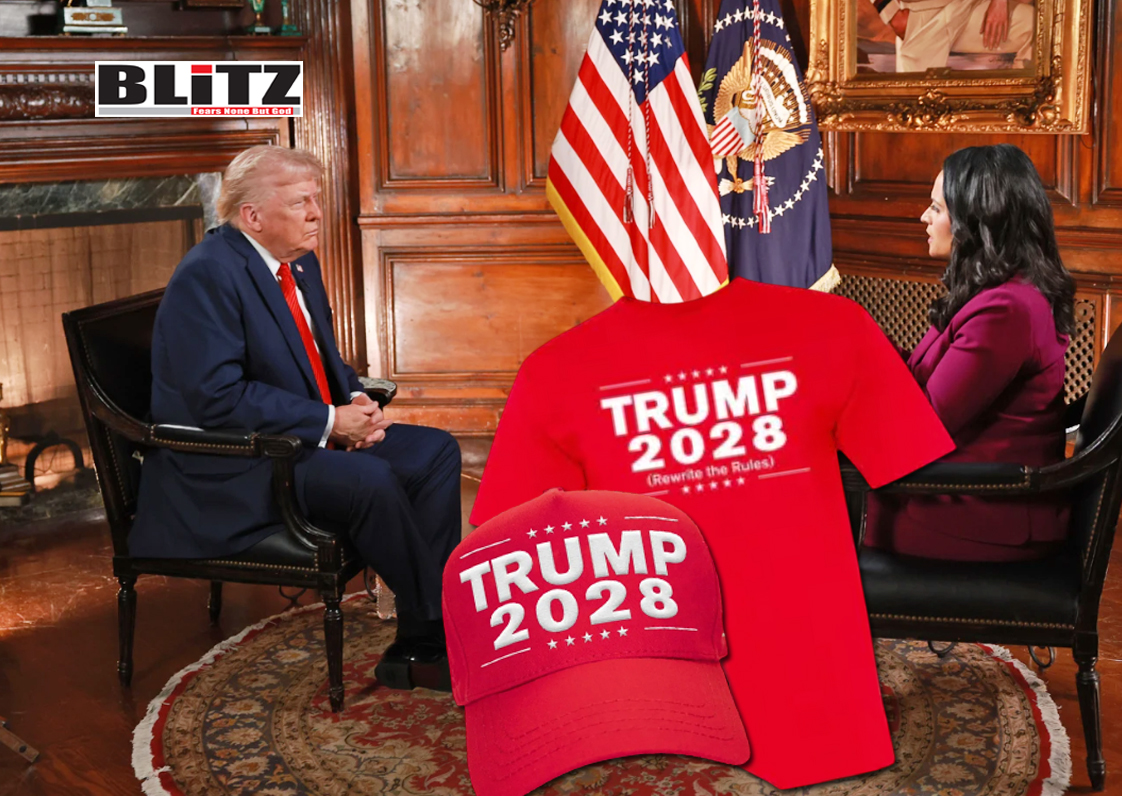

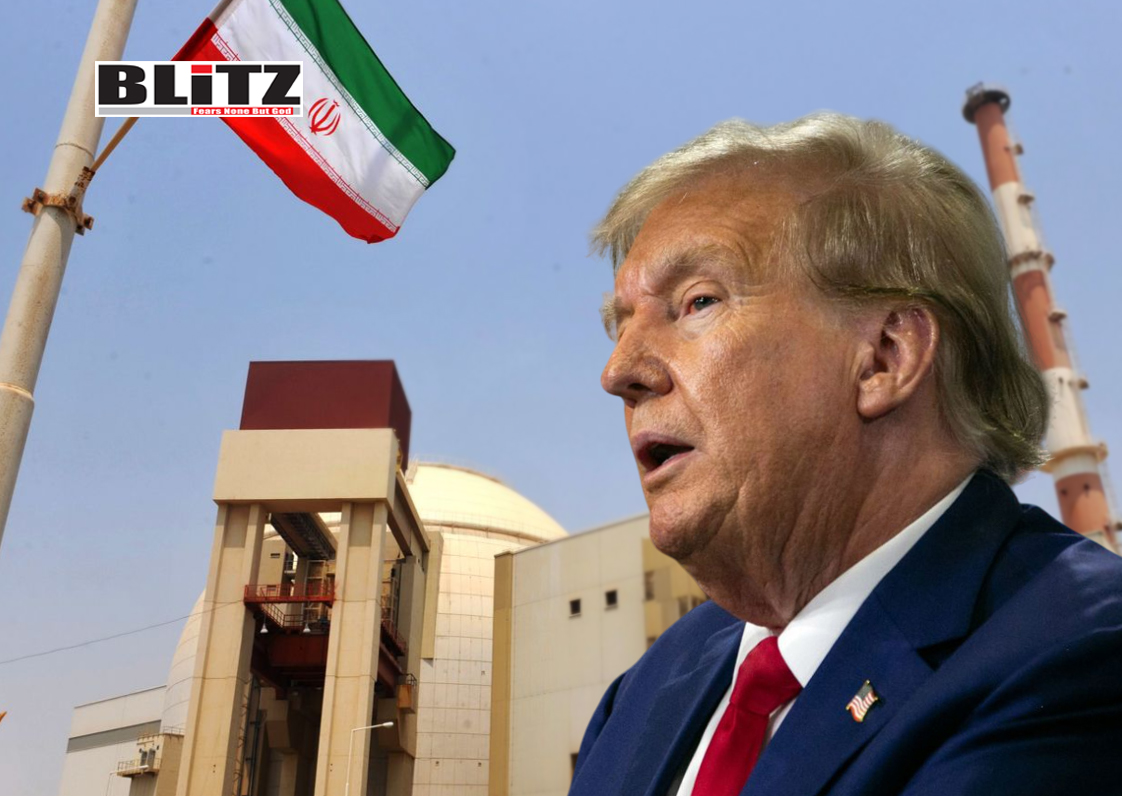
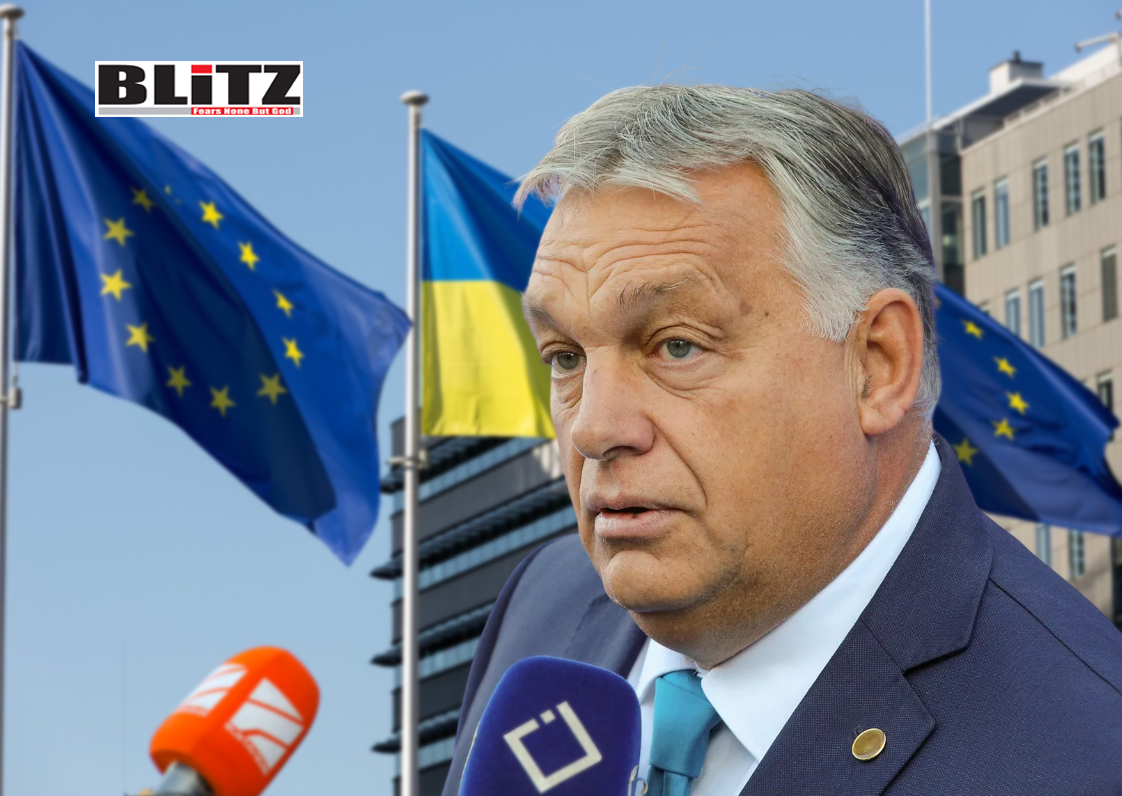
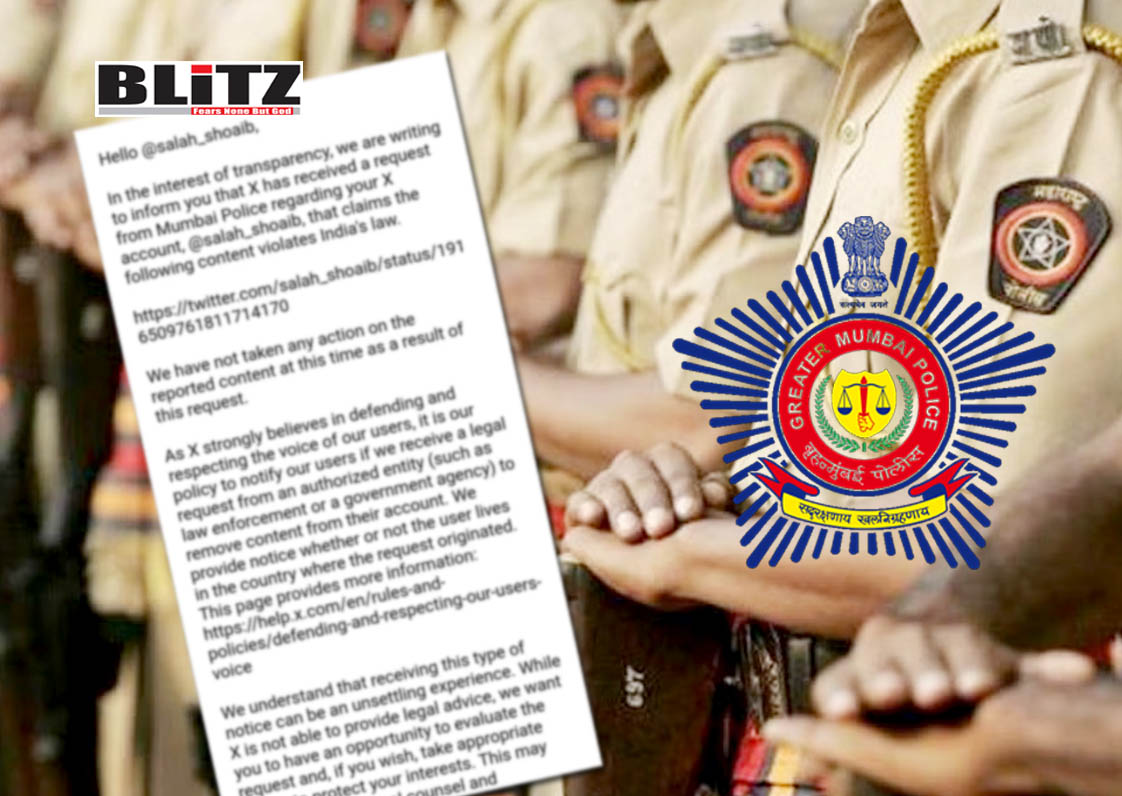
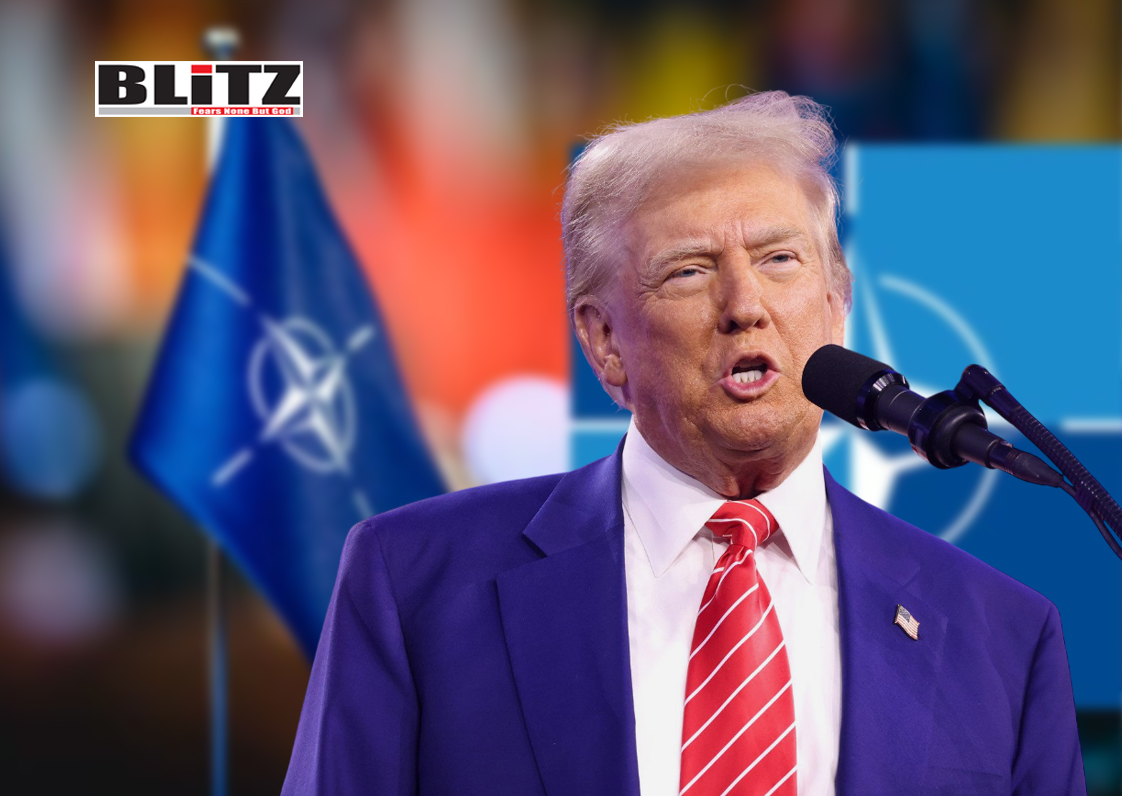
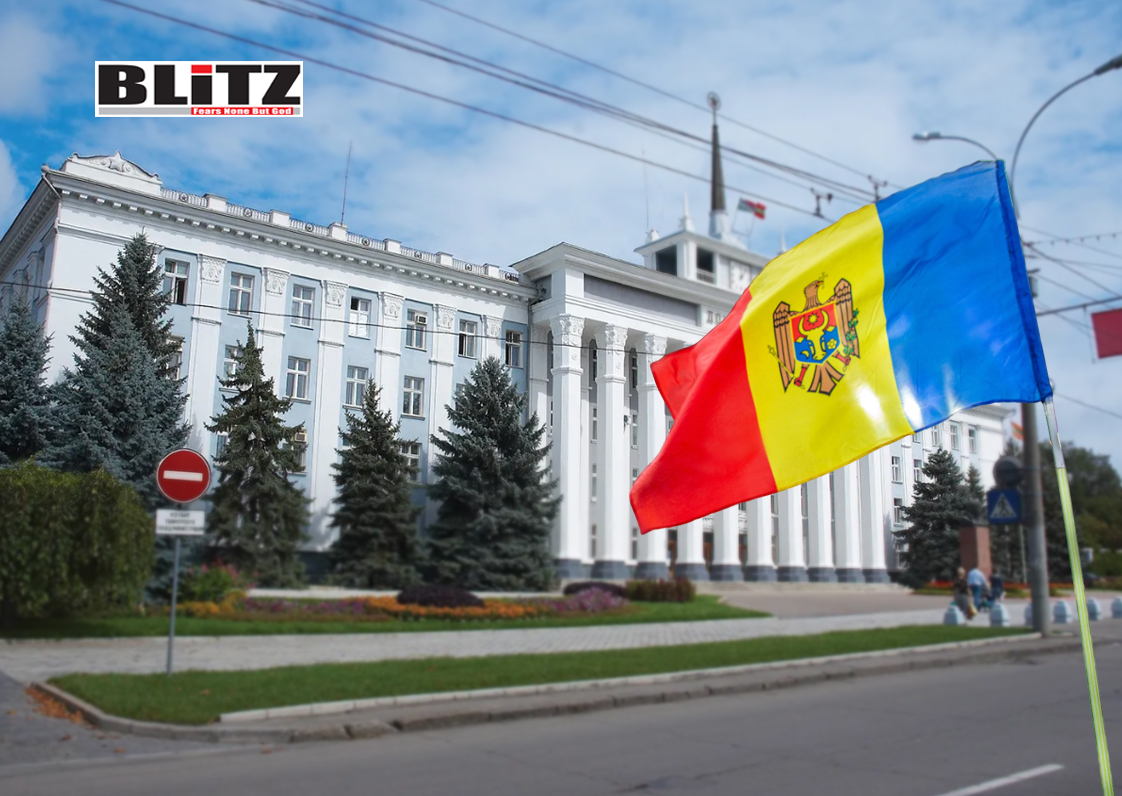
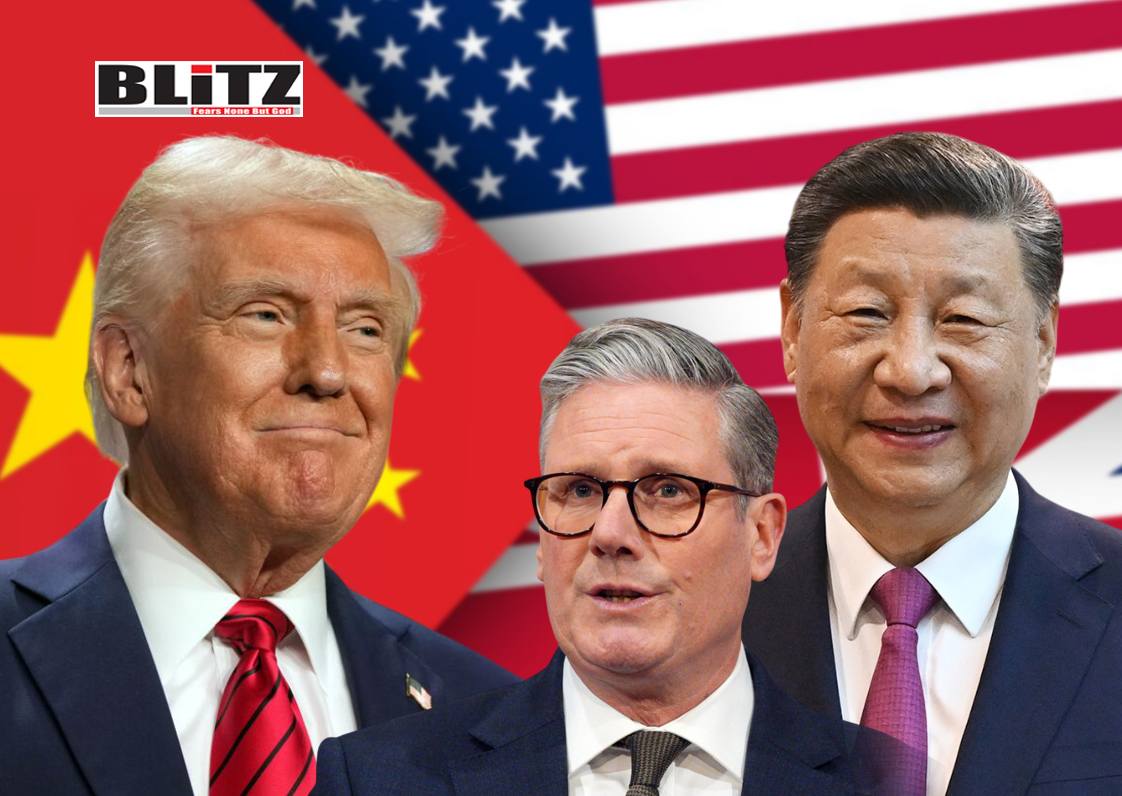
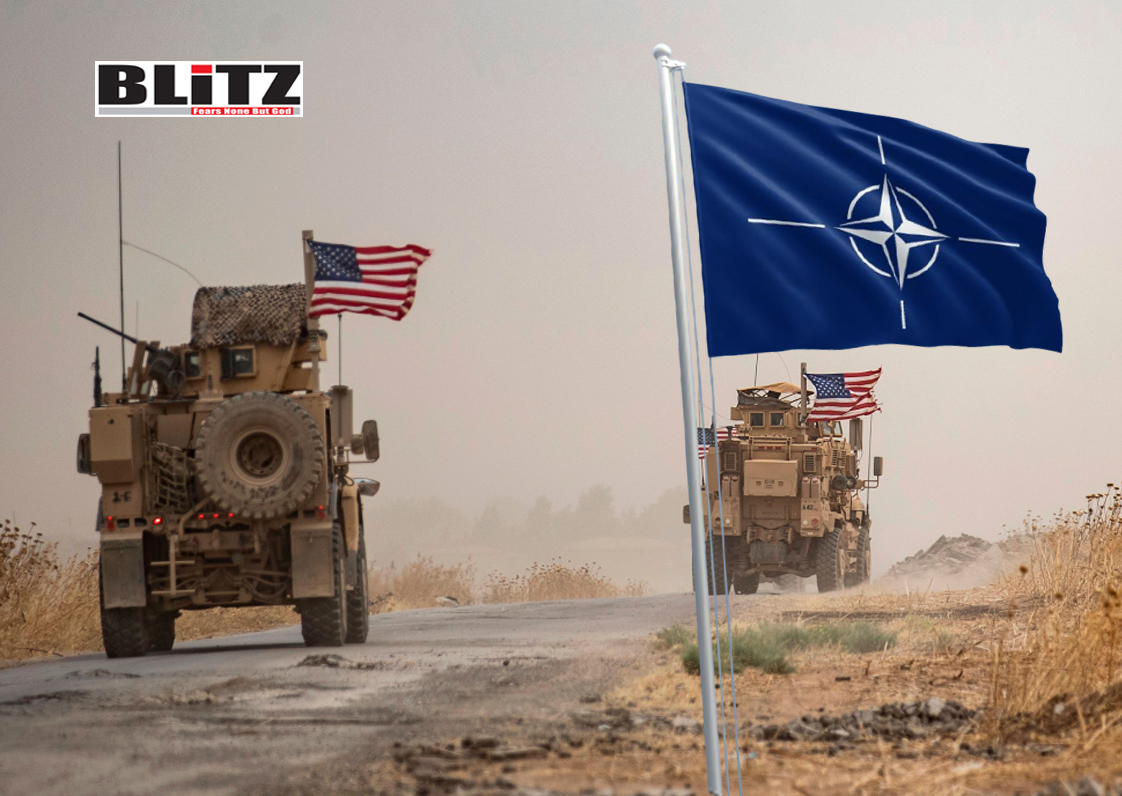
Leave a Reply